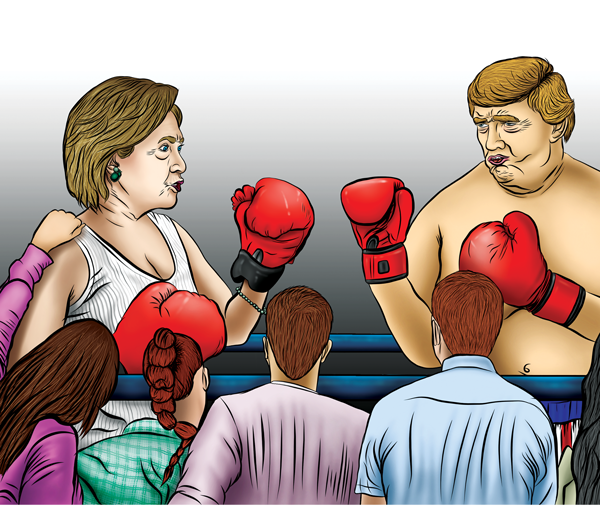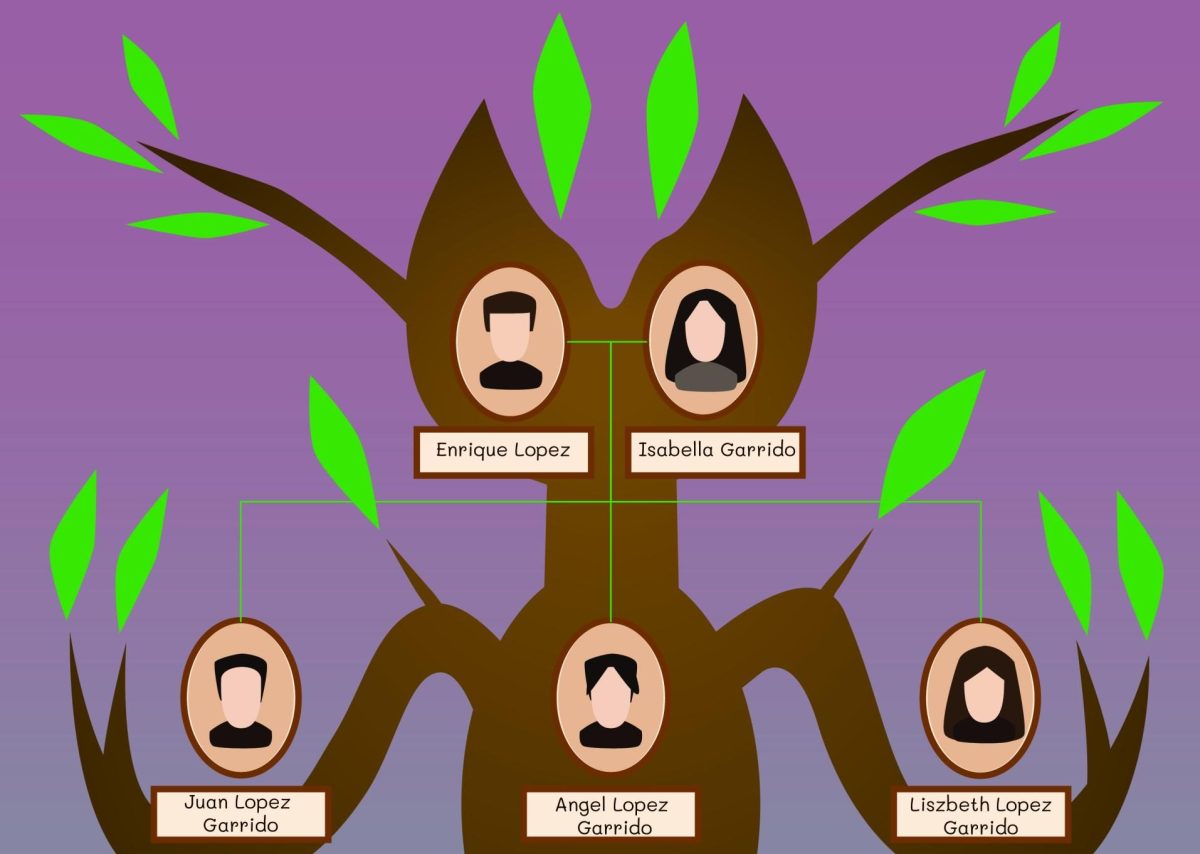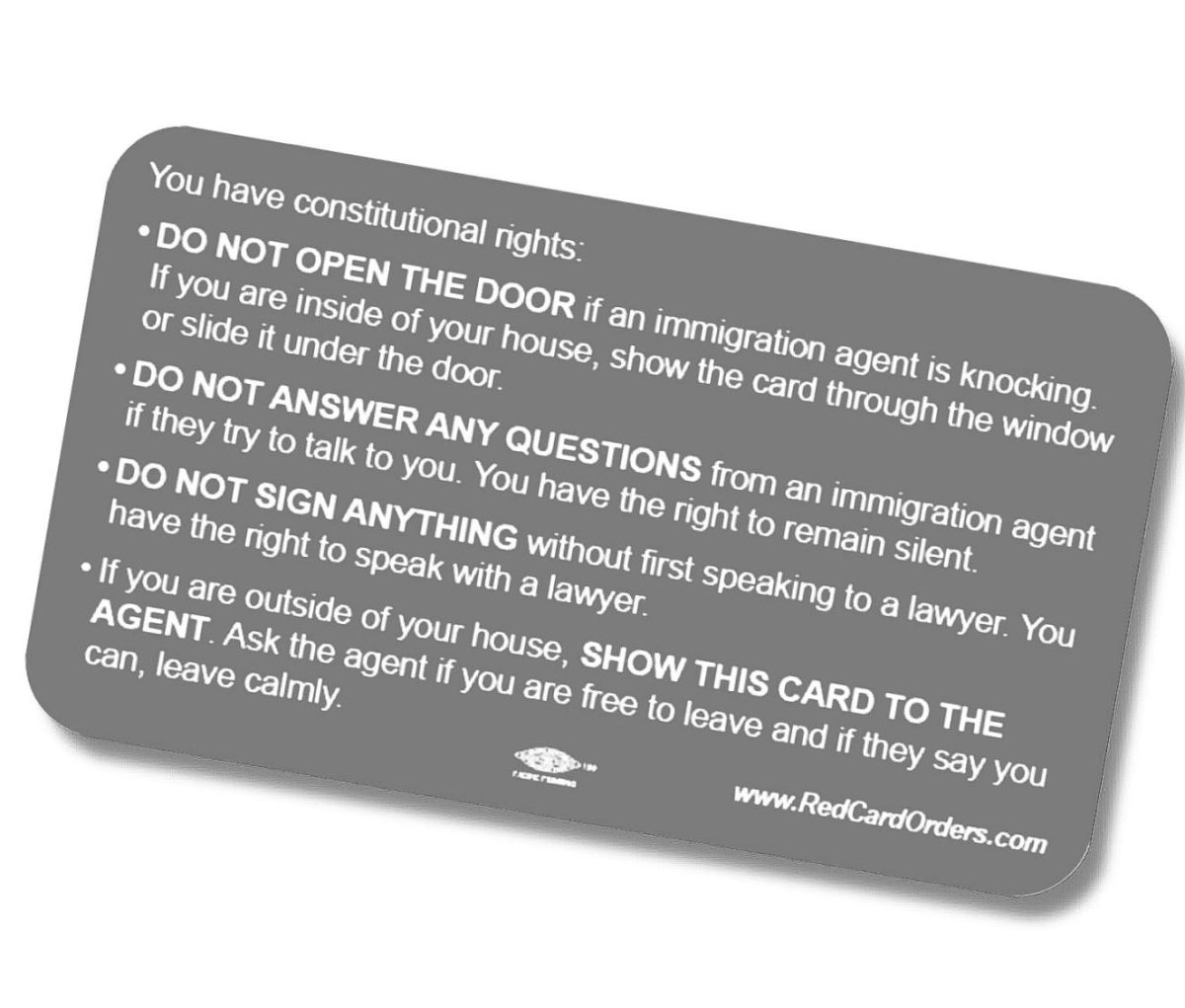
By JULIO VEGA
Reporter
@TheEtCetera
The 2016 presidential election has been one of the most polarizing in recent history, with both Democrat Hillary Clinton and Republican Donald Trump earning record-breaking disapproval ratings in national polls.
“The two candidates have articulated very different visions, but more importantly, very different moods by which they would implement their visions,” history professor Matt Hinckley said.
For example, Clinton’s immigration plan involves introducing more comprehensive reform, promoting the naturalization process and humanely enforcing existing immigration laws.
By contrast, Trump has vowed to build a wall on the border with Mexico and block Muslims from entering the country. He has said he wants to prioritize jobs, safety and wages for American citizens through strict enforcement of immigration laws.
However, both candidates want a more modernized Department of Veteran Affairs and improved treatment for American veterans. They also oppose free trade deals, seeing them as a detriment to the American economy, and an improved infrastructure, which they believe can help promote economic strength within the United States.
The election will also determine the makeup of the Supreme Court, since the Republican-controlled Congress has refused to consider a replacement for conservative Antonin Scalia, who died in February, until the next president takes office.
The parties are also battling for Congress. Republicans control the House of Representatives and the Senate, but Democrats have a chance to tip the Senate because of close races Illinois, Wisconsin, Indiana, Missouri, Nevada, New Hampshire, North Carolina and Pennsylvania, according to the data analysis site fivethirtyeight.com
Hinckley said this is a historical election for two different but equally significant reasons.
“Clinton is the first ever female [major] party nominee,” he said. “That in and of itself is unprecedented in American history.”
Hinckley said Trump’s recent comments about whether or not he will accept the results of the election are also unprecedented.
Auto mechanics major Jason Crawford said that a woman running on a major party ticket and a man who’s never served in the military or been in politics makes this election compelling.
“From a business standpoint, if [Trump] runs this country kind of like a business, we might be able to get somewhere,” Crawford said. “But at the same time, some of the points that [Clinton] makes, she might be good for [the job]. If we can have good traits from both candidates and put them into one, that’d be good.”
Crawford said he thinks this will prompt changes in voter requirement laws.
“I don’t believe we should be allowed to vote unless we take some sort of special class about politics where we have to learn what’s going on, what exactly is wrong with the economy,” he said.
Science major Estela Vazquez is an undecided voter, and she doesn’t think she’s alone.
“Many don’t even know who to vote for,” she said. “I feel like everyone is confused and not sure what’s going to happen in this election.”
Psychology major Tammy Echols said neither candidate is qualified.
“These two nominees are out of their minds,” she said. “One is crazy and one’s a liar. … I think people realize that change needs to be made, so for whatever reason, for one or the other, is why they’re going [to vote].”
According to the Texas Secretary of State, a record 15 million Texans are registered to vote. Early voting started Monday, and large numbers of people headed to the polls.
Biology major Eva Martinez doesn’t think it’s a coincidence.
“Trump’s comments have caused a lot of attention, … and the fact that we have our ever first female candidate, so that’s different, too, so that brings a lot more attention to this election,” she said. “[After this election], more people will start paying more attention because it really matters who we pick as the president.”
Hinckley agrees.
“Different types of candidates engage different voters,” he said, mentioning how during this year’s primaries, both Democratic and Republican candidates affected all kinds of voter movements, which in turn created a higher voter turnout.
Seventeen Republican candidates and six Democratic candidates made a run for the White House during the primary season.
Some candidates, such as Bernie Sanders, Ted Cruz and Marco Rubio, generated massive movements and captured the attention of voters throughout the country.
Hinckley said that no matter what, anything can happen Nov. 8.
“Expect the unexpected,” he said. “If you look at politics as theater, this is one hell of a show.”







